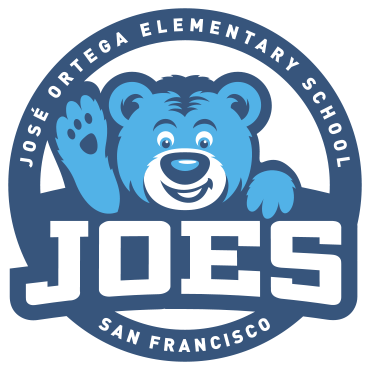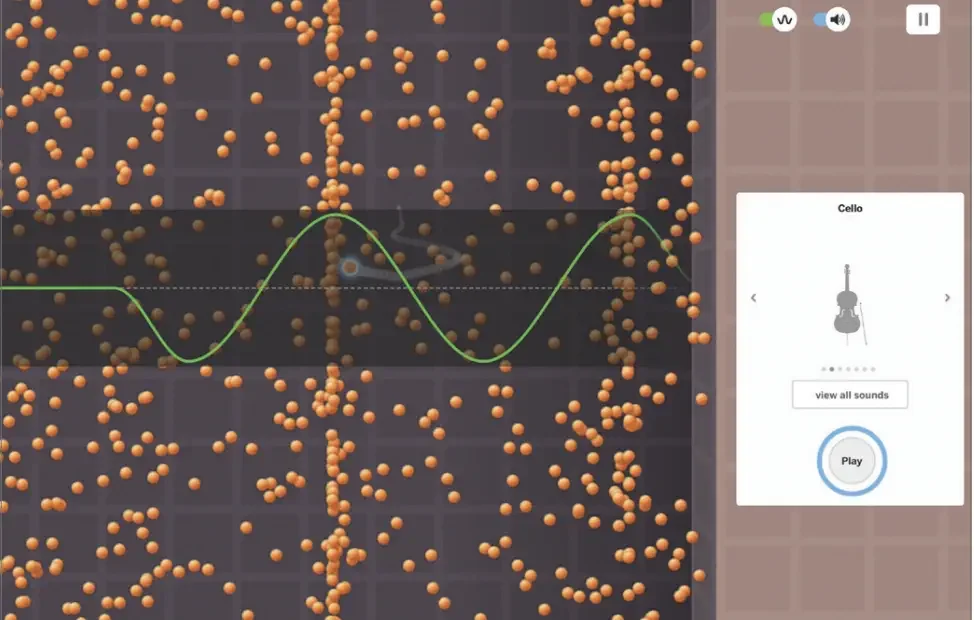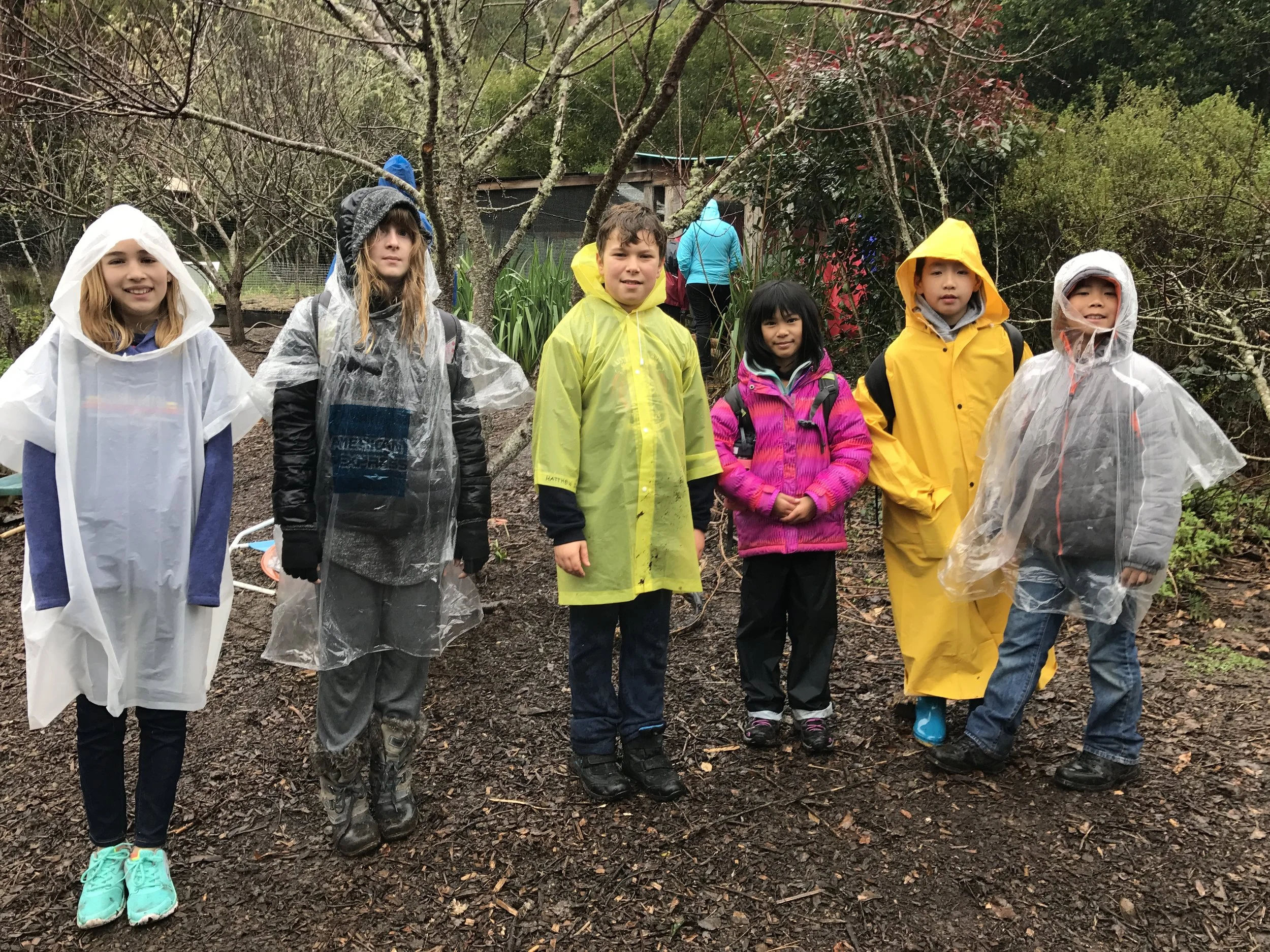
Poster by 4th grade students. Groups of two students were asked to make a poster explaining how a beach forms. They were told to incorporate the words weathering, erosion, and deposition.
At Jose Ortega Elementary, we believe every student enters our school already a scientist! Before ever entering our school doors, students might have tried to see how many blocks can be stacked before the tower collapses or what happens when you add water to sand. Our job as educators is to foster this curiosity. We also help our students develop critical thinking and communication skills. These are necessary for them to learn the most they can from their experiments and to explain their thoughts to others.
To accomplish these goals, we utilize the Amplify Science curriculum developed at Lawrence Hall of Science. In each unit, students take on the role of engineer to solve fictional problems. Students perform experiments, navigate simulations, and read texts to discover their own answers to the problem. Teachers play the role of guide, while students do the critical thinking necessary to solve the problem. This helps students experience the thrill of discovery, as well as the hard work of reasoning.
The Sound Waves sim (4th Grade) allows students to explore and visualize how sound energy travels through a material. Sounds are represented as longitudinal (compression) waves, traveling through particles, and as waveforms.
This creates engaged, excited science students who think deeply about the topics and are able to communicate their ideas. A kindergartener in the library was heard remarking, “Look, he’s using a force on the ball!” while pointing out a boy kicking a soccer ball in a book. Fifth graders returning from science camp were excitedly talking about finding the constellation Pegasus on a night hike. Students are often heard plaintively asking, “Do we have science today?”
Each unit emphasizes one of the following specific science and engineering practices, Investigation, Modeling, Engineering design, and Argumentation.
All students at JOES have science class 2-3 times a week. Each week, the children learn deeper science understanding and important skills, not just content memorization:
Do → hands‐on investigation or model building
Talk → peer discussion, argumentation, explaining
Read → science texts, student books, supporting literacy
Write → students craft explanations, claims & evidence, reflect
Visualize → models, diagrams, simulations
First grade students in classrooms that used Amplify Science significantly outperformed students in comparison classrooms on NGSS-focused three-dimensional learning and science vocabulary.






